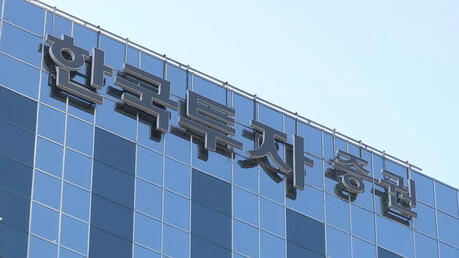
(C) Pixabay
Seoul - The debate over raising South Korea's mandatory retirement age is intensifying, with an immediate proposal to extend it by just one year—from the current 60 to 61—projected to delay the retirement of over 50,000 senior regular employees. While labor groups are aggressively demanding an extension to 65, citing an aging society and the gap between retirement and pension eligibility, economists and business leaders are cautioning that a uniform extension, especially without fundamental wage system reforms, could severely undermine an already precarious youth job market.
A One-Year Extension, 50,000 Delayed Retirements
Analysis by the National Data Agency indicates that the number of regular employees drops sharply when workers reach the statutory retirement age of 60. Data shows that among workers born between 1960 and 1964, the average number of regular employees (those expected to work continuously for over a year) decreased by approximately 56,000 as they moved from age 59 to 60—a sharp drop of 20.1%.
A one-year extension of the retirement age to 61 would essentially postpone this reduction, obligating companies to employ an estimated 56,000 senior regular workers for an additional year.
The Youth Employment Squeeze
This mandate translates directly into increased labor costs for businesses, which analysts predict will be offset by a sharp reduction in new hires. A Bank of Korea analysis found that for every older worker retained due to retirement age extension, approximately one young worker's job opportunity is curtailed.
The impact is expected to be most pronounced in highly sought-after large corporations. The average reduction rate for regular employees transitioning from 59 to 60 was 43.3% at large workplaces (300+ employees), significantly higher than the overall average. Extending the employment duration at these major companies, which are prime targets for young job seekers, is anticipated to cause a disproportionate contraction in youth hiring.
Furthermore, the introduction of the mandatory 60-year retirement age in 2016 was associated with a 16.6% decline in youth employment compared to the pre-amendment period, according to a Korea Labor Institute report. Given the current historical low in the proportion of new hires in youth-preferred sectors, experts warn that another uniform extension, especially with the added variable of Artificial Intelligence (AI)-driven automation, could be even more detrimental to young people's employment prospects.
The Call for Wage and Labor Flexibility
Experts argue that simply raising the retirement age while maintaining the rigid, seniority-based wage system (where wages typically rise with tenure) and current labor market inflexibility is a recipe for adverse side effects, including increased youth job contraction and a rise in early retirement.
Systemic reform that promotes labor market flexibility is deemed essential. Professor Kang Sung-jin of Korea University emphasizes that unless the wage system is made flexible through labor-management agreements, an extended retirement age will inevitably reduce youth hiring. The Bank of Korea also suggests that a more effective alternative would be flexible continuation of employment, such as re-employment after formal retirement, rather than a blanket extension of the legal retirement age.
Japan's Model: A Phased and Flexible Approach
Japan, which fully implemented a mandatory employment measure up to age 65 in April this year, serves as a crucial reference. Instead of a unilateral extension of the statutory retirement age (which remains at 60), the Japanese system compels employers to provide continuous employment until 65 if the employee desires it. Companies were given a choice among three options to achieve this goal: raising the retirement age, abolishing the retirement age, or adopting a re-employment system after retirement.
This flexible, phased approach, which was implemented over 12 years with social consensus, allows companies to manage the cost burden, with the re-employment model often involving revised, more flexible contracts and wages. As of last June, 99.9% of Japanese companies had implemented one of these three measures to secure continued employment for older workers. South Korean policymakers are urged to consider similar structural changes to mitigate the generational impact of securing elderly employment.
[Copyright (c) Global Economic Times. All Rights Reserved.]





























